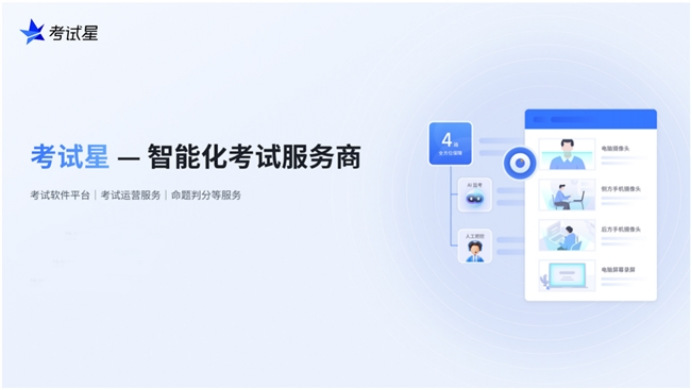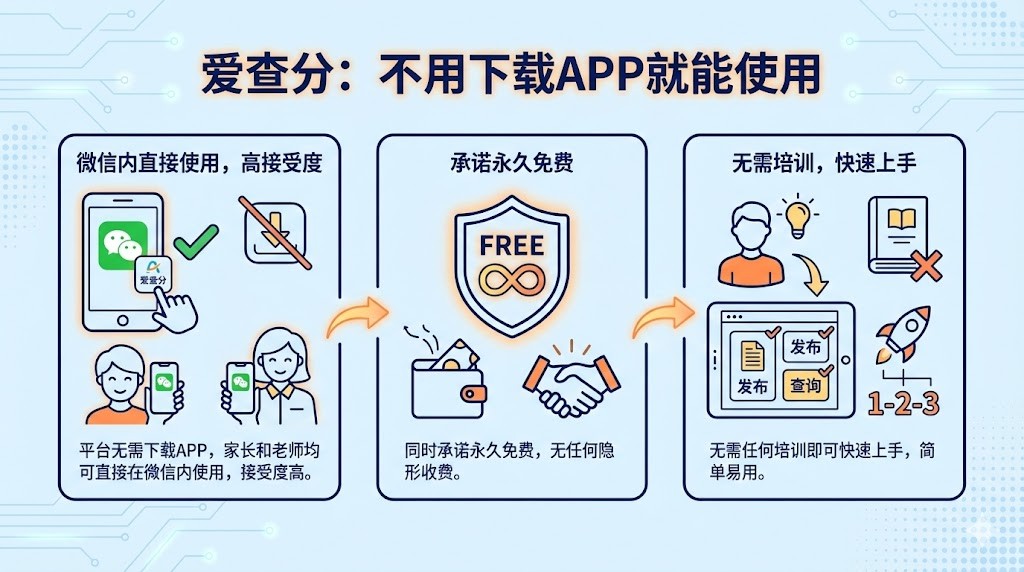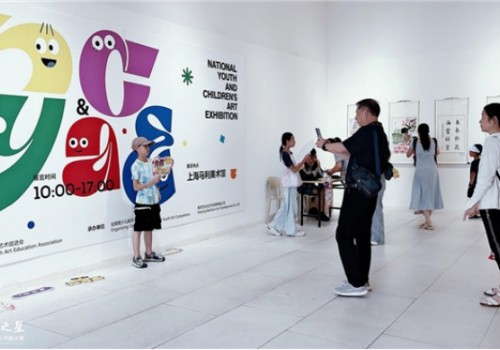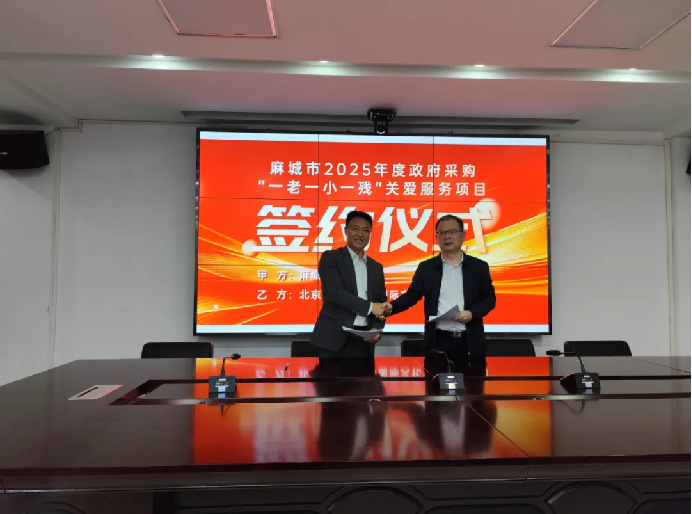Yang Jiang, a well-known Chinese writer, translator and foreign literature scholar, passed away in Beijing on May 25 at the age of 105.
Proficient in English, French and Spanish, Yang made a name for herself in the field of translation. Her translation of Don Quixote into Chinese from its original Spanish has been generally regarded as the best version to date.
As a writer, Yang is known for her plain but resonant style. Her essay collection We Three and her novel Baptism have been a hit both at home and abroad.
Yang enrolled in Tsinghua University to study foreign literature in 1932, where she later met her husband Qian Zhongshu(1910-98). Qian was a renowned writer and literary critic.
After their marriage in 1935, the couple went overseas to study at the University of Oxford and the University of Paris.
After returning to China in 1938, she worked as a Spanish professor at Tsinghua University. In 1953, she became a research fellow at the Chinese Academy of Social Sciences.
Easy Access to Information
Changjiang Daily May 17
“Over 80 percent of information and data are held in the hands of all levels of government. Its a huge waste,” Premier Li Keqiang said recently.
Information possessed by the government is essentially a kind of public resource. It should have been freely accessible to market entities. A government monopoly will lead to obstacles in market transactions and reduce efficiency in resource allocation.
The lack of transparency of authoritative information is one important reason for the industrial overcapacity which China is facing. Prices alone are inefficient and insufficient signals for resource allocation. Information provided by the government can narrow the gap between supply and demand.
Some officials lack of sense of service has also contributed to the problem. Although their organizations are in possession of a large amount of information, they dont regard it as part of their responsibility to share it with the public.
As a matter of fact, the ability to efficiently handle and publicize information is a fundamental requirement for government departments.
Relevant laws and regulations should be put in place in order to clarify the responsibilities of officials regarding the sharing of information, and such statutes should penalize those who refuse to do so.
Developing the Flower Industry
Oriental Outlook May 19
Appreciating flowers in spring is a tradition in China and has driven the development of tourism as well as the economy in various locations. For example, revenue generated by rapeseed flower-focused tourism programs exceeds 1 billion yuan($153 million) a year in Wuyuan County, east Chinas Jiangxi Province.
The flower industrys huge profits have prompted many locations to plant vast areas of flowers to draw tourists.
However, in many places, supporting infrastructure such as parking lots and toilets is lacking. Moreover, the value of flowers has not been sufficiently exploited. For instance, Luoyang in central Chinas Henan Province is famous for its long history of peony cultivation. Unfortunately, the perennial has failed to generate any economic benefits except during the springtime blooming season, which only lasts one month. That is despite the fact that peonies are also a cash crop that can be consumed.
Its unsustainable to solely treat flowers as an object of appreciation. Their other values should be recognized in order to give full play to their economic potential.
Meanwhile, relevant infrastructure should be improved and more recreational activities and cultural products related to flowers should be developed in order to bolster the flower industry.
Museums Going Creative
Peoples Daily May 18
Many museums, galleries or libraries often see few visitors in China. However, exhibitions featuring a special theme or interactive cultural activities at museums often draw huge crowds, such as the ongoing exhibition at Beijings Capital Museum of precious items from the tomb of the Marquis of Haihun dating back more than 2,000 years.
Long queues of people waiting outside such museum events underline the discrepancy between the growing demand for cultural activities and their inadequate supply. As a matter of fact, there is a treasure trove of precious items in all kinds of museums across the country, but the problem is that creativity is lacking in terms of exhibition planning.
Improving the quality and diversity of cultural products has far-reaching implications. Although China boasts a long history and rich culture, there is still a lack of understanding regarding Chinese culture in the world. In contrast, South Korea has successfully promoted its history and culture through TV dramas, and Japanese anime has seized the hearts of numerous youths worldwide.
The experiences of other countries have shown that the cultural industry often grows rapidly even during an economic downturn. This is often referred to as the lipstick effect, which posits that, allegedly, the one thing women dont cut back on during a recession is lipstick.
Museums, galleries and libraries should tap their potential to develop products catering to the needs of the public. Its also worth noting that cultural institutions should not forget their primary function—serving the public—and should avoid becoming overly commercialized in the process.
ENTREPRENEUR ESTABLISHES AN EDUCATIONAL AWARD
Charles Chen Yidan, a co-founder of Tencent, one of Chinas leading Internet companies, has donated HK$2.5 billion ($320 million) to set up the worlds largest education prize in monetary terms in Hong Kong. This will be an award that aspires to recognize and support innovators in the education system. The accolade incorporates the Yidan Prize for Educational Research and the Yidan Prize for Education Development.
The winner of each award will receive a cash prize of HK$15 million ($1.9 million) and a project fund of the same amount, which will be paid in three installments over three years.
Chen, 45, resigned from his post as chief administrative officer of Tencent to become a full-time philanthropist in 2013.
He said he hopes more people will value education and help to innovate educational methods.
“As long as a company is registered in China, no matter if it is funded by Chinese or foreigners, we will treat them as equals and provide a fair-play environment.”
Premier Li Keqiang, when meeting with visiting Saudi Prince Alwaleed Bin Talal Bin Abdulaziz Alsaud in Beijing on May 19
“India should work closely with China to collaborate and push forward the Belt and Road Initiative instead of being skeptical. This initiative should be taken as a new opportunity for the South Asia region.”
Bishnu Hari Nepal, Nepals former ambassador to Japan, at a seminar in Kathmandu, capital of Nepal, on May 22
“Since 2004, China has provided a huge amount of humanitarian assistance with no political conditions attached, and helped 102 countries and their peoples overcome humanitarian crises.”
Qian Keming, Vice Minister of Commerce, at the First World Humanitarian Summit in Istanbul, Turkey, on May 24
“Solving the problem for migrant workers children seeking further education is not only an educational issue but is also related to the equitable allocation of social resources.”
Chen Xuejie, an official with the Guangdong Provincial Authority of Examinations and Enrollment, on Guangdongs new policy to allow nearly 10,000 students without local household registration to take the college entrance exam in the province in early June
此文由 中国教育导报-高中编辑,未经允许不得转载!: 中国教育导报 > 高中 » RENOWNED SCHOLAR DIES








